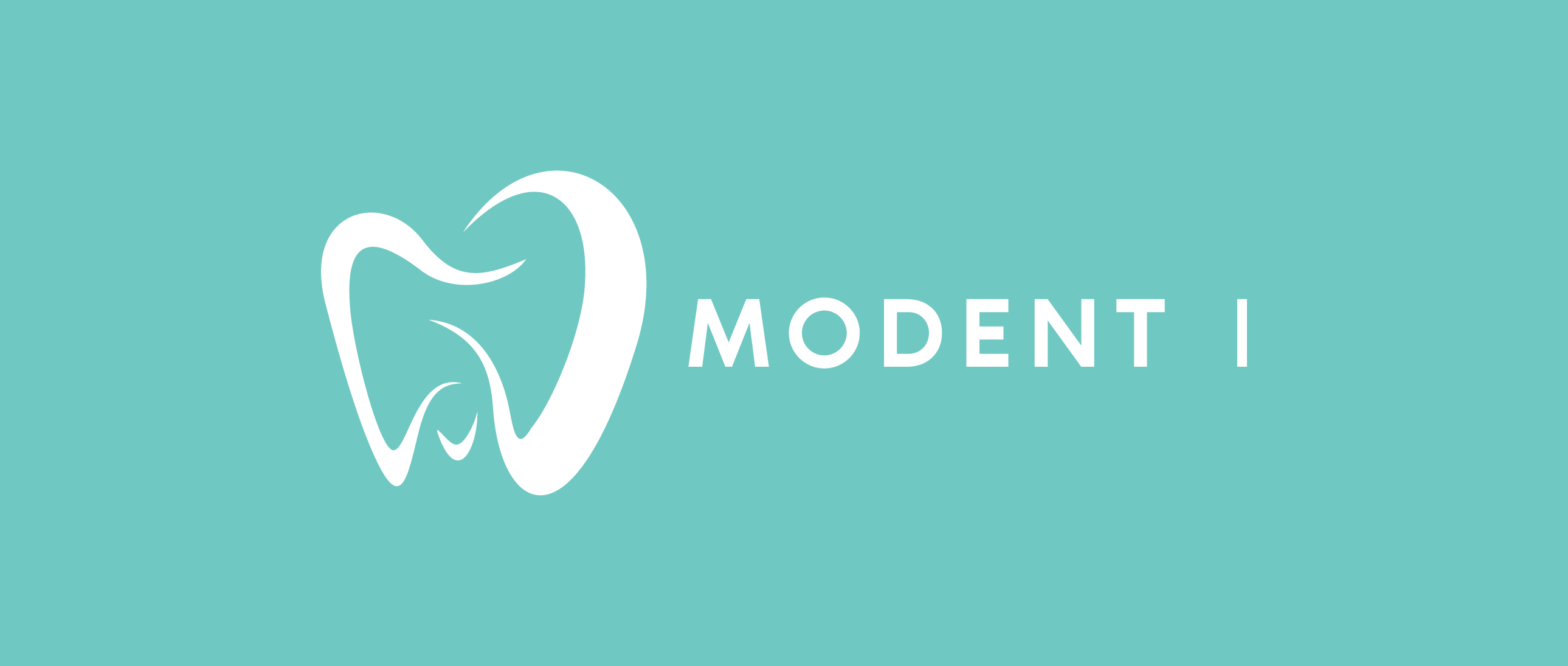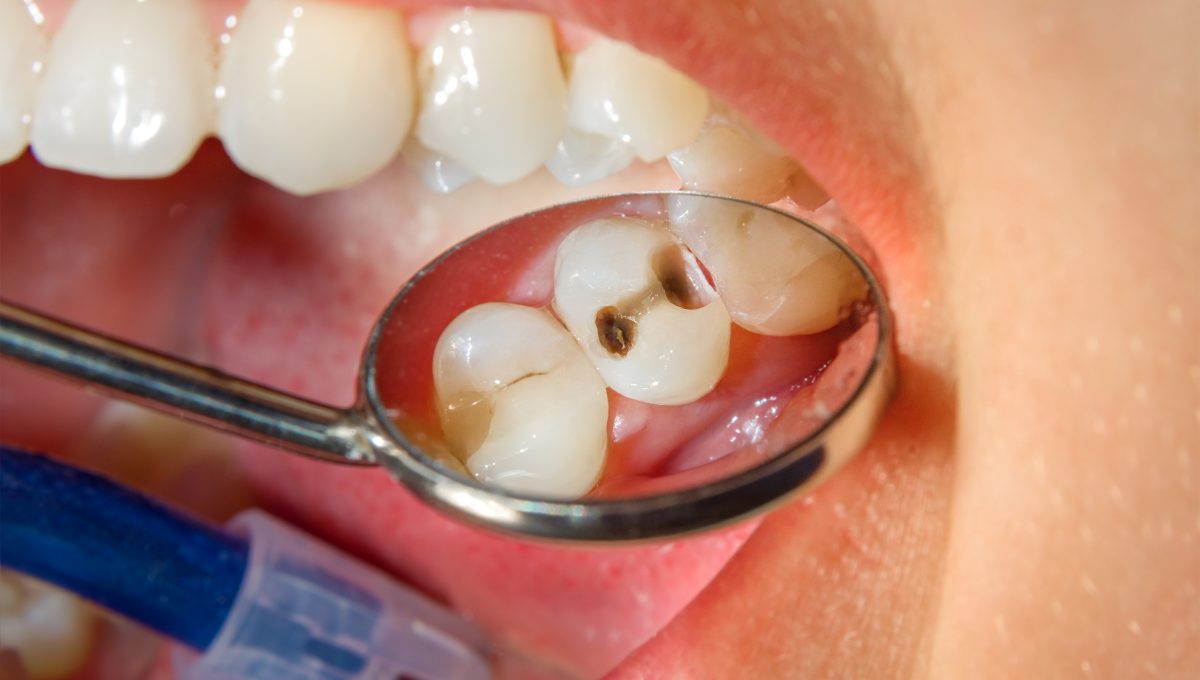Everything you need to know about cavities

5 common teeth and gum diseases
January 17, 2019
6 ways to keep your gums healthy
February 1, 2019Dental cavities are one of the most common problems and dental diseases in the world. We all have hundreds of different bacteria in our mouths that feed of sugar and turn it into acid. This acid causes soft holes in our teeth that are called cavities.
Bacteria are usually hidden in places that are hard to reach with a toothbrush or dental floss and if the bacteria stays in these places for too long there is a high chance of developing cavities.
What is plaque and what is its role in developing cavities?
Plaque is a collection of bacteria and different food rests on the teeth surface. If you have a lot of plaque on your teeth there is a high chance you might develop cavities. This is why brushing your teeth and flossing is so important in order to maintain our teeth health. In order to prevent plaque you should brush your teeth at least two times a day and floss at least once a day in order to remove all possible food rests. Although there are other factors that cause plaque and cavities these are some of the best prevention methods.
Who can develop cavities?
It is often thought that only children can develop cavities but this is not the truth. Older people are also susceptible to cavities and as we get older the gums pull away form our teeth. They can pull away for many reasons such as gum diseases and the biggest problem is that the roots of the teeth get exposed to plaque. If you eat a lot of sugary food and food rich with carbs there is a higher risk to develop cavities.
How to prevent cavities?
Research suggests that cavities are caused by a lack of vitamin D in our diet. This research included a group of children that had vitamin D added to their diets which ended up decreasing the amount of their cavities. Lack of vitamin D makes teeth more vulnerable to cavities but this is only a part of the problem and these are some of the other risk factors:
- Dry mouth or a medical condition that reduces the amount of saliva in the mouth
- Eating foods that can stick to you teeth such as candy
- Snacking on foods that are filled with sugar




